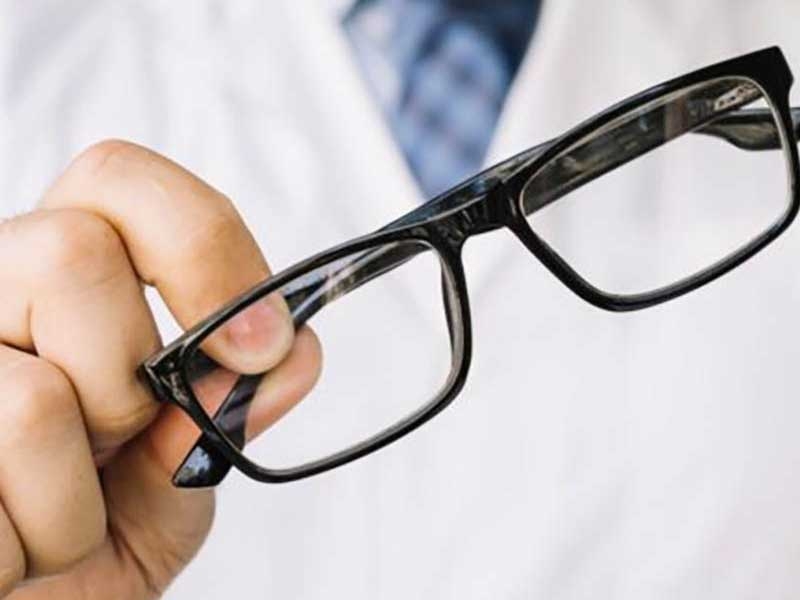
Ophthalmologist
Watch our video about Ophthalmologist
What Does an Ophthalmologist Do?
An Ophthalmologist is a medical doctor specialising in the diagnosis, treatment, and management of eye diseases and vision disorders. They are uniquely trained to provide a wide range of services, from prescribing glasses and contact lenses to performing advanced surgical procedures, such as cataract surgery or corrective vision surgery.
At Clinic Consultation, our Ophthalmologists use cutting-edge technology to deliver personalised care. Whether addressing common vision problems or managing complex eye conditions, they focus on maintaining and restoring optimal eye health for patients of all ages.
What Conditions Does an Ophthalmologist Treat?
Ophthalmologists manage a variety of eye and vision-related conditions, including:
Cataracts
Treats clouding of the eye's lens, which impairs vision, often through surgical procedures.Glaucoma
Manages increased eye pressure to prevent damage to the optic nerve and vision loss.Macular Degeneration
Diagnoses and treats this age-related condition that affects central vision.Diabetic Retinopathy
Provides care for retinal damage caused by diabetes, helping to prevent vision loss.Dry Eye Syndrome
Offers treatments for chronic dryness and irritation, improving comfort and clarity.Refractive Errors
Corrects issues like myopia (nearsightedness), hyperopia (farsightedness), and astigmatism through glasses, contact lenses, or surgery.Eye Infections and Injuries
Treats conditions like conjunctivitis (pink eye) or trauma to the eye to restore health and prevent complications.
How Can an Ophthalmologist Help?
An Ophthalmologist is essential for preserving and improving eye health. They provide comprehensive evaluations to detect eye diseases early, ensuring timely treatment that prevents progression or complications. By tailoring care to each patient’s needs, they address everything from routine vision corrections to advanced surgical interventions.
At Clinic Consultation, our Ophthalmologists also educate patients about maintaining good eye health through lifestyle adjustments and preventive measures. With their expertise, patients receive the care and confidence needed to protect their vision for years to come.
What Tests Does an Ophthalmologist Request?
Ophthalmologists use a variety of diagnostic tools to evaluate eye health and vision. Common tests include:
Visual Acuity Test
Measures how well you can see at various distances.Tonometry
Checks intraocular pressure to detect glaucoma.Retinal Exam
Evaluates the retina and optic nerve for conditions like diabetic retinopathy or macular degeneration.Slit Lamp Examination
Provides a detailed view of the front parts of the eye, including the cornea and lens.Pupil Dilation
Temporarily enlarges the pupil for a more thorough examination of the retina and optic nerve.Visual Field Test
Detects blind spots and peripheral vision loss.OCT (Optical Coherence Tomography)
Captures detailed images of the retina and optic nerve, useful for monitoring glaucoma or macular degeneration.
When Should You See an Ophthalmologist?
Knowing when to consult an Ophthalmologist can prevent minor issues from becoming serious conditions. Here are seven key scenarios:
Blurred or Reduced Vision
Persistent changes in vision, such as blurriness or difficulty focusing, require professional evaluation to determine the cause.Eye Pain or Discomfort
Sudden or ongoing eye pain could indicate an infection, injury, or other serious conditions needing immediate care.Frequent Headaches
Headaches linked to eye strain or vision problems may benefit from a thorough eye examination.Floaters, Flashes, or Vision Loss
These symptoms could signal a retinal detachment or other urgent conditions requiring prompt attention.Chronic Dry Eyes
If over-the-counter treatments don’t relieve dryness or irritation, an Ophthalmologist can provide specialised care.Family History of Eye Disease
Regular check-ups are vital if you have a family history of glaucoma, macular degeneration, or other hereditary eye conditions.Diabetes or High Blood Pressure
These conditions increase the risk of retinal issues, making regular eye exams essential for monitoring eye health.
How to Prevent Eye-Related Diseases
Preventing eye diseases involves adopting healthy habits and scheduling regular eye check-ups. Protect your eyes by wearing sunglasses with UV protection, avoiding smoking, and maintaining a diet rich in omega-3s, antioxidants, and vitamins A, C, and E. Taking breaks during screen time and ensuring proper lighting while reading or working can also reduce eye strain.
At Clinic Consultation, our Ophthalmologists provide preventive care and education tailored to your specific needs, ensuring your vision remains healthy over time.
What to Ask an Ophthalmologist During the First Consultation
To make the most of your visit, consider asking:
- Are my symptoms related to an eye condition or a systemic health issue?
- What can I do to improve or maintain my vision?
- Are there any specific treatments or lifestyle changes you recommend?
- Do I need corrective lenses, and what options are available?
- How often should I schedule eye exams?
- Are there any long-term risks or complications associated with my eye condition?
- What can I do to prevent further vision loss or eye strain?
Book Your Appointment at Clinic Consultation
Your eyes deserve expert care to maintain clear vision and overall eye health. At Clinic Consultation, our skilled Ophthalmologists provide personalised treatments and preventive care to meet your needs. Schedule your consultation online today and take the first step toward healthier eyes and better vision.
Click here to schedule an appointment online